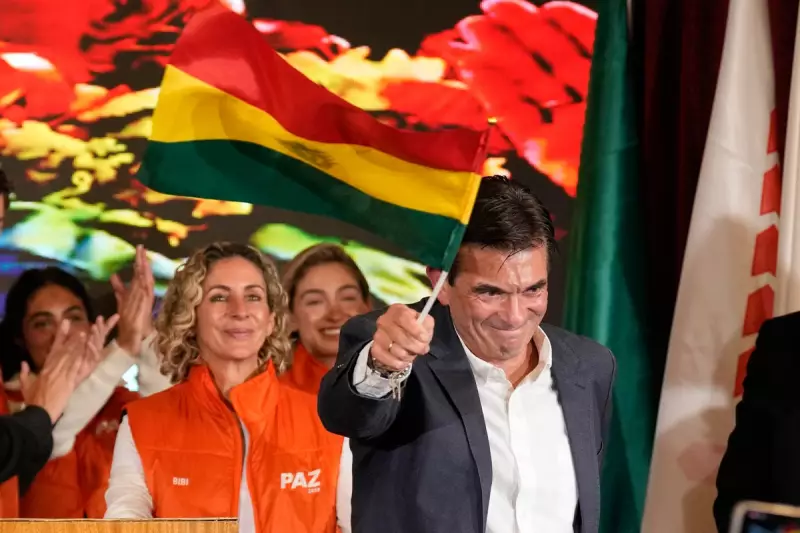
Bolivia is plunging into a deepening political crisis as opposition leader Rodrigo Paz faces terrorism charges and an international arrest warrant, raising alarm among democracy watchdogs and international observers.
The Hunt for an Opposition Voice
Authorities in Bolivia have issued an arrest warrant for former presidential candidate Rodrigo Paz, accusing him of terrorism and armed uprising following his alleged involvement in protests against the government of President Luis Arce. The charges stem from demonstrations that rocked the country earlier this year, though Paz's supporters claim the allegations are politically motivated.
In an exclusive interview, Paz revealed he's been forced into hiding, moving between safe houses while the government intensifies its search. "This isn't about justice—it's about silencing opposition," Paz declared from an undisclosed location.
International Alarm Bells
The situation has drawn concern from human rights organizations and foreign governments. Amnesty International has condemned the charges as an apparent attempt to criminalize legitimate political opposition ahead of crucial elections.
Analysts suggest the crackdown reflects broader tensions within Bolivia's ruling party, particularly between President Arce and former president Evo Morales. The internal power struggle appears to be spilling over into increasingly aggressive tactics against political opponents.
Regional Implications
This developing crisis comes at a sensitive time for South American politics, with several nations facing their own democratic challenges. The targeting of opposition figures raises questions about the health of democratic institutions across the region.
As Paz remains in hiding, the international community watches closely, concerned that Bolivia may be heading toward further political instability that could have ripple effects throughout Latin America.





